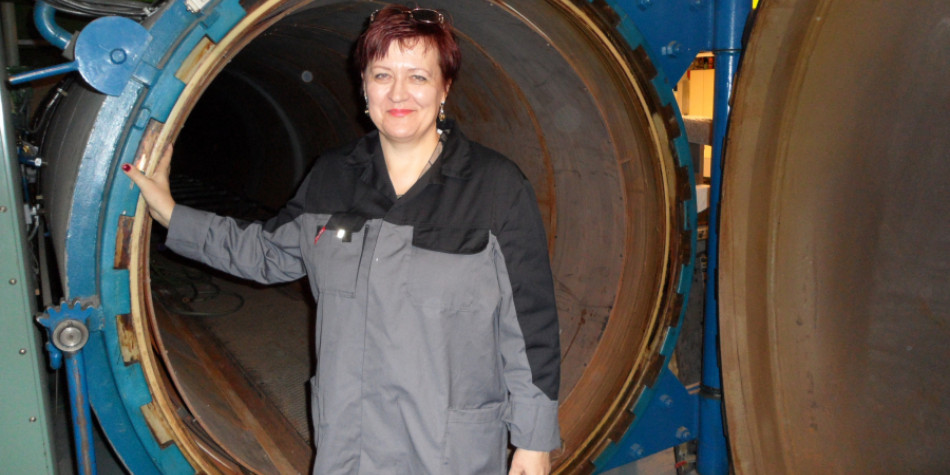
— The plate compressor has proven itself well. Unlike screw and piston, it is unassuming to the degree of gas purification and easier to
service, — explains Anna Kameneva, Doctor of Technical Sciences, Professor of the Department of Innovative Technologies of Mechanical Engineering. Plates for
they are mainly made of composite materials. Previously, materials were purchased abroad.
Perm Polytechnic scientists have set themselves the task of finding a domestic alternative. The researchers conducted a series of experiments with four samples
materials similar in properties to organoplastics, from which Ro-Flo plate compressors (USA) are made, to determine the intensity of their wear and friction coefficient.
— Experiments with engine oil lubrication have shown that one of the types of tissue organoplasty has the characteristics closest to the base sample
TTSVM and binder EP-5122. This material is light and durable, so it is in demand not only in mechanical engineering, but also in aviation and ammunition manufacturing,
— says the author of the development, a graduate student of the Department of "Innovative Technologies of Mechanical Engineering" Anton Yanovsky.
Additionally, experts recommend using a film or motor oil with fluorinated substances for the material. This will give him
hydrophobicity and will reduce the coefficient of friction. The technology will allow not only to replace obsolete imported compressor parts, but also to harm the equipment,
but it will also increase its life span.
The results of the experiments are published in the journal "Chemical and Petroleum Engineering" (No. 58, 2022). The study was carried out as part of the implementation
academic strategic leadership program "Priority 2030" and corresponds to the priority direction "Energy Engineering" Perm REC.


